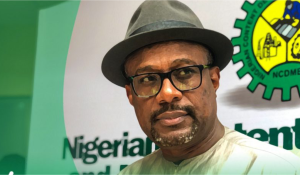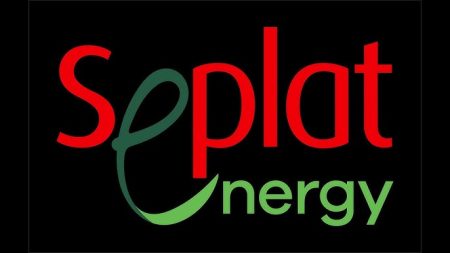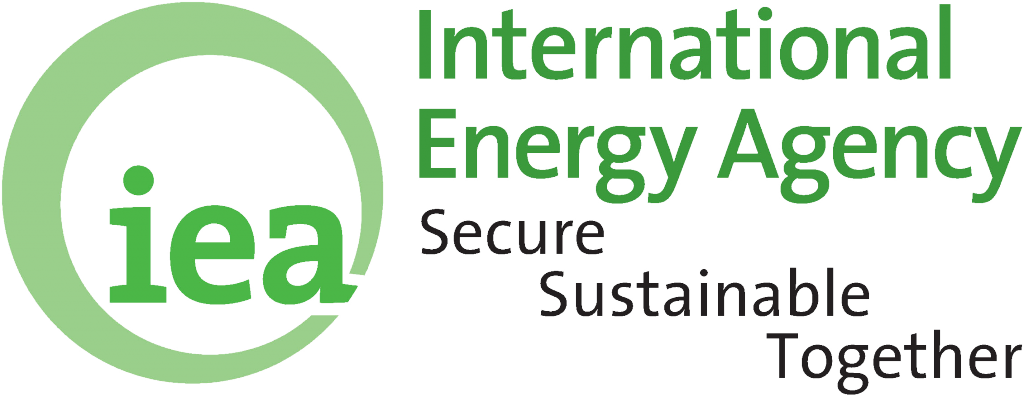
Oritshegbubemi Omatseyin
Lagos — The Executive Secretary of the Nigerian Content Development and Monitoring Board, NCDMB, Engr. Simbi Kesiye Wabote, has said African nations seeking to achieve economic prosperity must develop local capability to process, utilise, and export their resources as a means of powering their growth and development.
He stated this in his presentation at the ongoing 2023 Africa Energy Week in Cape Town, South Africa.
Wabote regretted that most African nations lacked requisite local capacities in key areas of the oil and industry such as engineering, procurement, construction and fabrication, installation, commissioning, and operation, saying that has resulted in the loss of job creation opportunities, revenues, skills acquisition, and other aspects of national development.
A further negative impact, he said, is that those broad categories take a significant proportion of the oil and gas industry expenditure, hence it is expedient for oil-producing nations to develop local capabilities that would ensure that those financial outlays are retained in-country.
Advising on the strategy for enhancing local content capacity in African nations, Wabote stated that one important plan is to make local content a national agenda and back it with the appropriate legislation or legal framework in their respective jurisdictions. This would “make it clear to all and sundry that local procurement, fabrication, and manufacturing is a national priority such that all institutions, businesses, decision-makers, investors, and citizens will buy into the vision,” he said.
Using Nigeria as an example, Wabote recalled that Nigeria started with policy directives to deepen local content practice in the oil and gas sector before enacting the Nigerian Oil and Gas Industry Content Development, NOGICD, Act in 2010, thereby eliminating the possibility of companies complying with local content requirements in the oil and gas sector on ‘best endeavor’ basis.
He listed other strategies for enhancing local content capacity as establishing factual data on current capacities in-country and carrying out gap analysis between current realities and the national vision. He noted that periodic gap analyses are essential to determine gaps that need to be closed and the progress being made in the target areas of interest.
He insisted that local content is not ‘copy and paste’, hence local peculiarities must be factored into programs aimed at enhancing local capabilities.
The NCDMB boss identified other enhancement tools to include structured capacity building interventions to close identified gaps and funding and incentives, describing them as essentials to implement local content programs, develop infrastructure, attract new investments, and keep existing businesses afloat.
Speaking further, Wabote highlighted the importance of patronizing in-country capacities and capabilities, clarifying that all policies, capacities, and individuals will become frustrated if there is no outlet to engage them and receive rewards for sustainability and growth.
He explained that the Board ensures patronage of local goods and services by using the ‘right of first refusal’ principle contained in the Nigerian Content Act and various project certification and compliance monitoring tools.
Giving an update on the Board’s activities, the Executive Secretary informed that NCDMB commenced the implementation of a 10-year Strategic Roadmap in 2018, to raise the level of Nigerian Content in the Nigerian Oil and Gas industry to 70% by the year 2027. He indicated that various initiatives were put in place under five strategic pillars and four vision enablers.
He noted that as of the end of the year 2022, and five years into the 10-year journey, NCDMB has achieved 54% Nigerian Content level against the target of 42% for that year.



